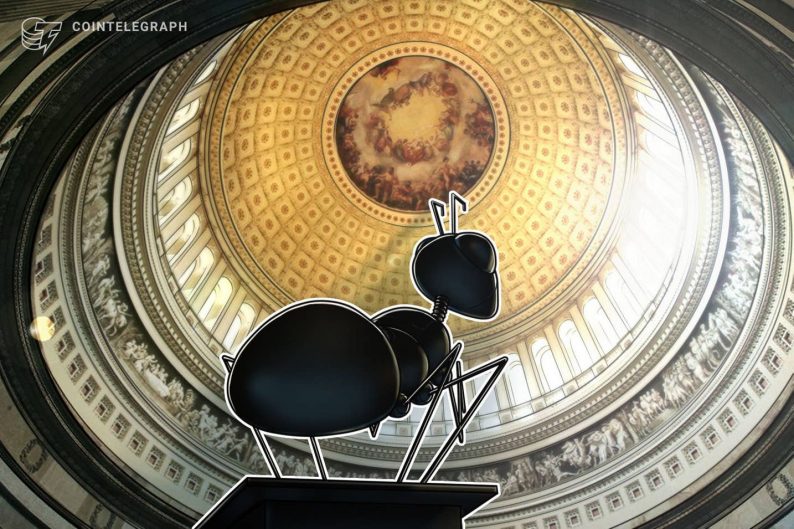According to Reuters, Pelosi expressed confidence the legislation will pass upon announcing the date on Sunday, Sept. 26, stating: “Let me just say that we’re going to pass the bill this week.” Earlier that same day she reportedly indicated she would not bring the bill to a vote unless she believed it would pass.
Speaker of the U.S. House of Representatives Nancy Pelosi announced that the house will vote on whether to pass the Biden administration’s controversial $1 trillion bipartisan infrastructure bill on Thursday, Sept. 30.
“Tomorrow, September 27, we will begin debate on the Bipartisan Infrastructure Framework on the Floor of the House and vote on it on Thursday, September 30.”
Pelosi noted the vote is slated to take place the day before the Surface Transportation Reauthorization Act of 2021 is set to expire.
While the legislation passed through the Senate with bipartisan support on Aug. 10, provisions contained in the bill mandating stringent counterparty reporting requirements for decentralized network validators and software developers who would not possess the information needed to comply.
Although the bill passed on Aug. 10, an amendment put forward by Senator Pat Toomey that saw bipartisan support from Senators Cynthia Lummis, Rob Portman, Mark Warner, Kyrsten Sinema and Ron Wyden sought to exempt validators, developers and node operators from the law.
To the chagrin of the crypto community, the lone objection of Alaman Senator Richard Shelby stopped the amendment from being added to the legislation.
Related: It’s now or never — The US has to prepare itself for digital currency
However, the infrastructure bill faces opposition from some lawmakers who believe it should be held back until negotiations have ended regarding the follow-up $3.5 trillion social welfare and climate bill.
With the price of the second bill perturbing some Democrats, Pelosi indicated it is “self-evident” that the bill could be reduced in scope.
“We are now working together with the Senate and the White House on changes to this historic legislation,” she said. “[$3.5 trillion] was the number that was sent to us by the Senate and by the president. Obviously with negotiation, there has to be some changes in that the sooner the better, so that we can build our consensus to go forward.”





Leave A Comment